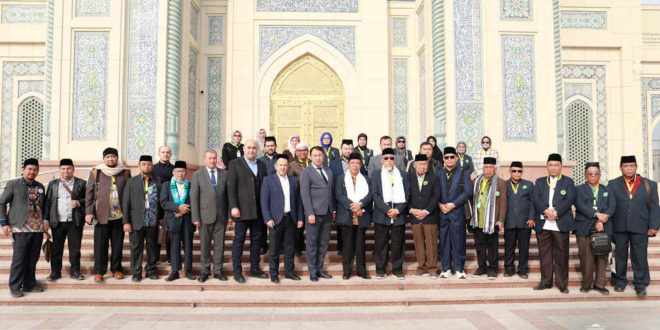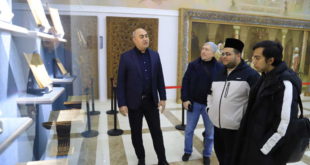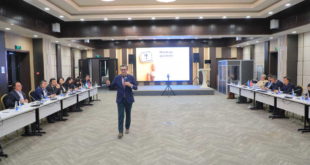A delegation from the Ulema Council of North Sumatra Province, Indonesia, visited the Imam Bukhari International Scientific Research Center and the High School for Hadith Science. Accompanied by the heads of scientific institutions, the guests got acquainted with the conditions created for research and education, the results achieved, and the activities of the Museum.
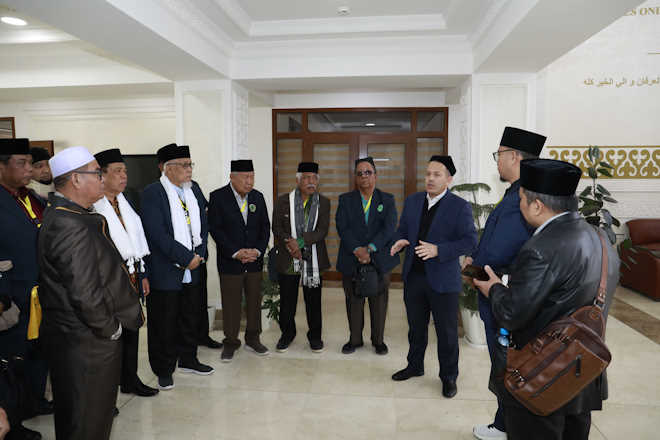
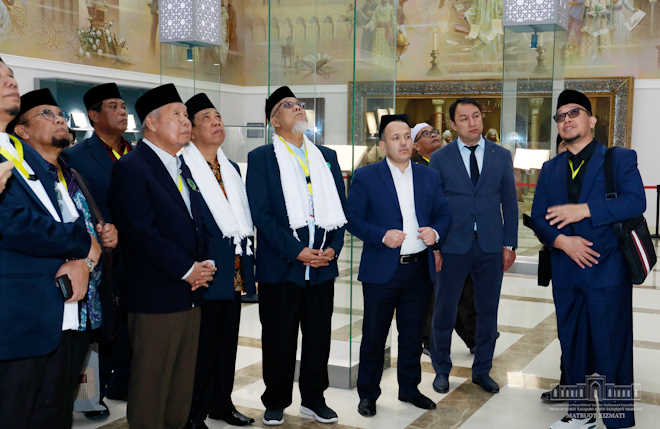
As part of the visit, an international roundtable discussion was held with the participation of members of the delegation, in cooperation with the Center, the School of Hadith Sciences, and the Al-Wasliya Islamic University in Sumatra on the topic “The role of academic institutions in combating extremism and promoting the values of moderation. Civilizational criteria of Islam: the experience of Indonesia and Uzbekistan.” It was attended by the leadership of the Center and the School of Hadith, academic staff, mentors, and professors and teachers of the Al-Wasliya Islamic University.
The event focused on the role of research institutions in the fight against extremism. The need to widely promote education methods based on moderation and faith against religious threats and extremism was mentioned.
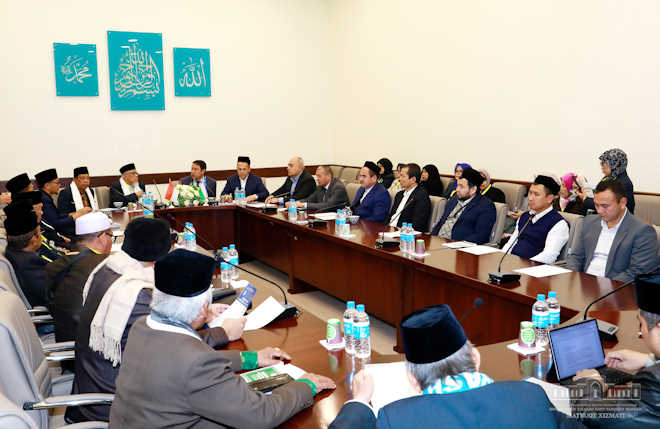
The roundtable highlighted Uzbekistan’s geographical and cultural proximity to Muslim countries, as well as the factors that ensure the effectiveness and balance of religious, social, and educational systems in the country. Indonesian scholars also gave detailed presentations on the reforms being carried out in the education sector in their country and national strategies based on moderation.
It was noted that today the civilizational criteria of Islam, that is, its teachings and rules, play an important role in maintaining moderation in religion and stabilizing peace in the world. Because Islamic civilization is multifaceted with its religious, moral, socio-economic and cultural aspects, and is aimed at building a perfect society based on the principles of justice and respect for human rights and ensuring production efficiency in economic activities. Like any civilization, the criteria of Islam are also aimed at development and improving human life, but in this, much emphasis is placed, one might say, on such qualities as equality of rights, the primacy of justice, interreligious and interethnic tolerance, peacekeeping, honesty and purity.
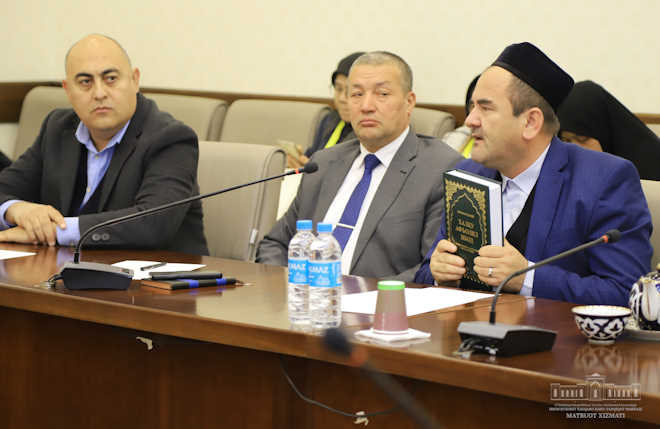
At the event, the guests were introduced to Imam Bukhari’s work “Khalq f’aal al-‘Ibaad” , published in Uzbek by the Center. This book, which has not lost its significance to this day, is a unique spiritual heritage, recognized as having been written to protect the pure faith and refute various heretical movements. It was emphasized that the translation of the work will help local readers better understand the religious and scientific heritage of the Sultan of Hadiths, strengthen the religious knowledge of young people, and protect them from the influence of various foreign ideas.
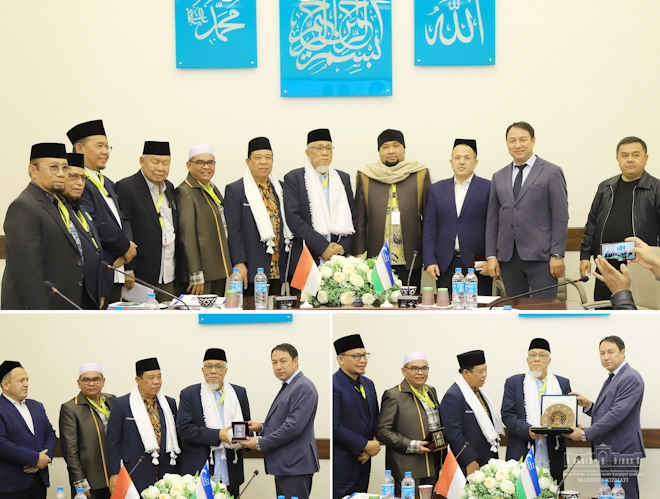
The speakers emphasized the importance of education in promoting peace and stability in Islamic culture and values, combating the use of religion for evil purposes, and also touched upon the importance of joint efforts to develop religious education and science based on moderation, and to increase the effectiveness of scientific research in order to form an uncompromising attitude against extremism in scientific institutions. In this regard, positive views were expressed on the establishment of cooperative relations between the scientific institutions of the two countries, the organizational and practical aspects and prospects of mutual cooperation were discussed, and important agreements were reached.
 Imom Buxoriy xalqaro ilmiy-tadqiqot markazi bukhari.uz
Imom Buxoriy xalqaro ilmiy-tadqiqot markazi bukhari.uz
